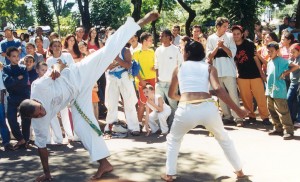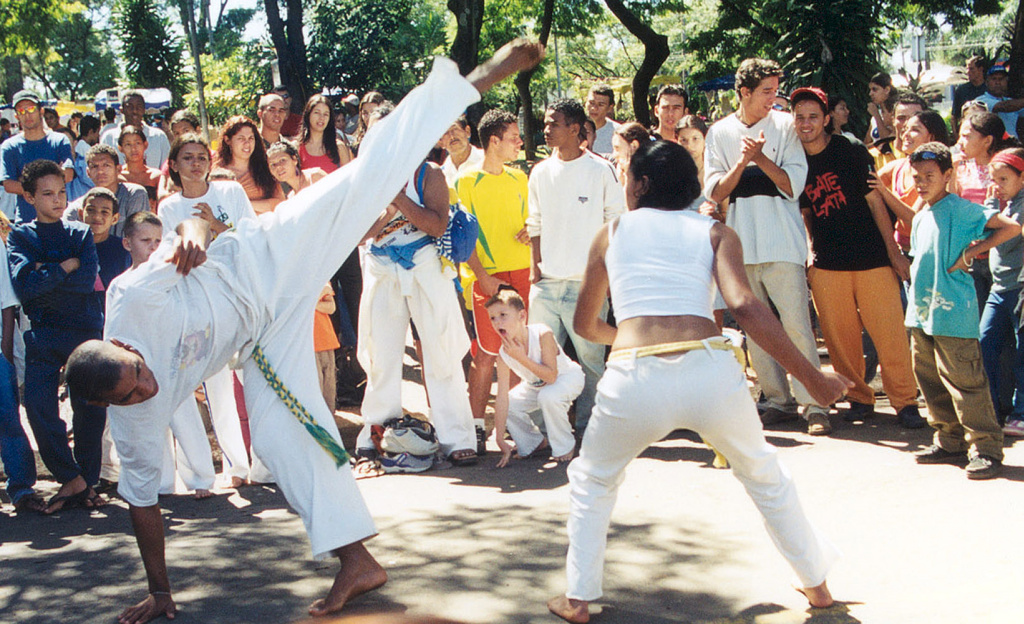 The culture of Brazil is basically seen ion the diversity of its people. The mix of races is astounding in how it all happens. Initially, Brazil was inhabited by Portuguese settlers who ended up marrying the locals. This brought about the term, “mestizo” which essentially means interracial children.
The culture of Brazil is basically seen ion the diversity of its people. The mix of races is astounding in how it all happens. Initially, Brazil was inhabited by Portuguese settlers who ended up marrying the locals. This brought about the term, “mestizo” which essentially means interracial children.
Then the Africans came and also married Portuguese which brought a race called “Mulattoes.” When slavery was abolished, many different cross over happened that sort of merged everyone. Today, everyone has a little Portuguese, African, natives, and European blood, and the result is breathtakingly beautiful.
Even with the diverse races in Brazil, there still exists a class system. Racial discrimination based on the color of one’s skin is still prevalent, although Brazilians refuse to consider themselves as racists. From a bird’s eye view, the darker skin colored Brazilian for some reason, are lower in social and economic status, but this is just on the average. There are dark skinned Brazilians who have managed to make a name for themselves and have “risen” from their class to become successful in their field.
On the other hand, Brazilian women have been making a name for themselves in politics and business. They are slowly being accepted as an equal by the Brazilian men.The Brazilian family usually tend to be large with an extended family always close by. This is a reflection of the religion of Brazil which is predominantly Roman Catholic.
Where in other societies, hiring members of your family to work for you is considered nepotism, here in Brazil is it entirely acceptable because it is a sign of trust, which is a high premium in Brazil.
With the unique diversity of races in Brazil, the arts, music, dance, and literature of Brazil is remarkable and very different. You will notice European, American, African, and even Asian flavors in their culture.
However, the main foundation of Brazilian culture is still the Portuguese influence since they were the first and major colonizers of Brazil. From Brazil, there is the popular Samba music, there is also the intense and dramatic heavy African drumming beat that sounds a little like jazz and the blues at the same time.
Symbolism plays an important role in Brazil. Aside from the carnivals which normally celebrate pre Lent, Brazilians are very passionate about their sport, football.
The carnivals is a way for the Brazilians to set aside their problems and enjoy a 4 day vacation. The symbolism here is seen in the duality of Brazilian society where classes are breached and everyone is equal, including gender crossovers.
Football, on the other hand, has produced many excellent players in Brazil, like Pele’. Every World Cup event, Brazilians tend to close shop to watch football. When they win, which has happened many times already, the entire country goes berserk with joy and exuberance. The colors of their players and flag, green and yellow, is seen everywhere, and it would be extremely difficult not to celebrate with them during these moments of glory.



